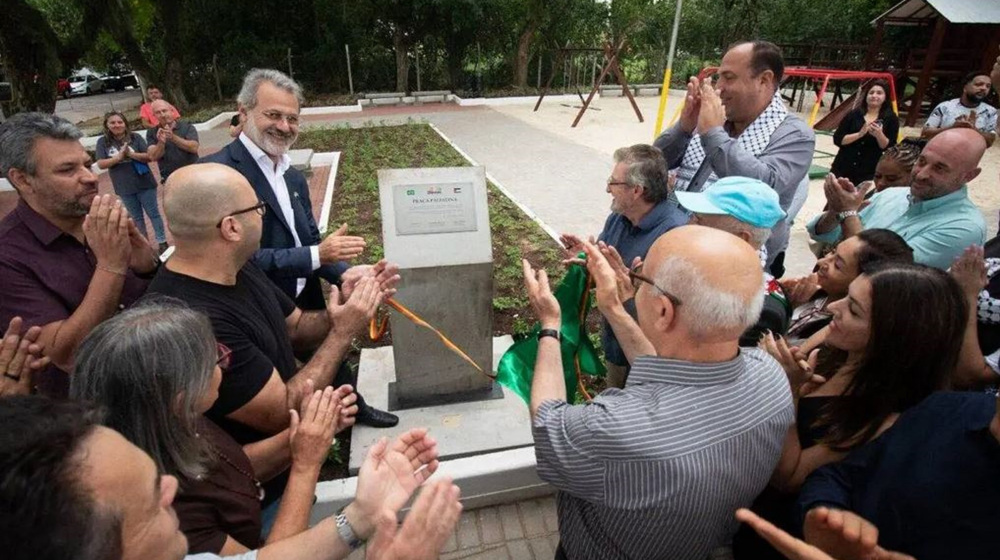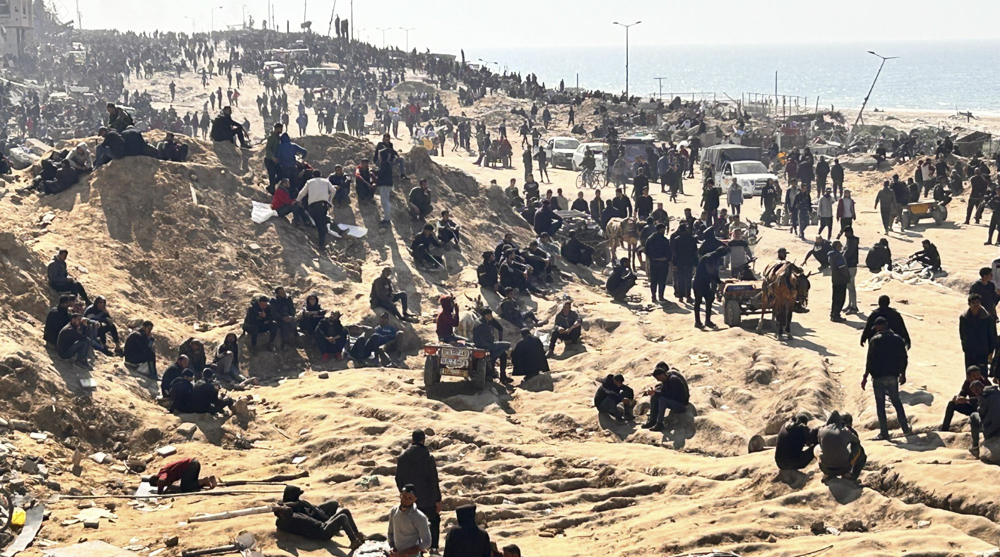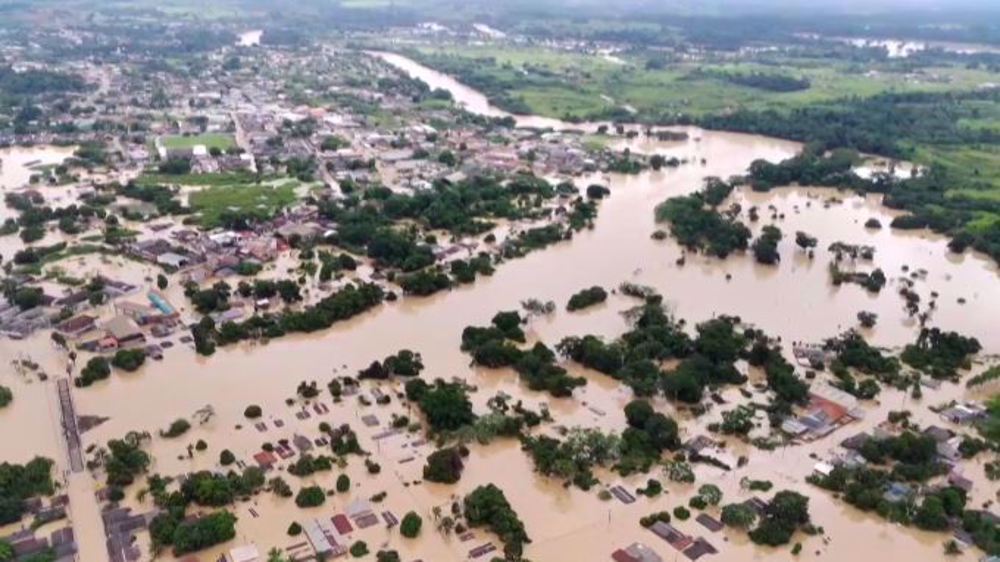Police remain inactive in beleaguered Brazilian state
Police in Brazil’s crisis-hit southeastern Espirito Santo State have remained inactive despite statements by officials that a deal has been reached with the police forces so that they end a week-long strike.
State officials said on Friday that they had reached an agreement with representatives of the law enforcement officers and that police would resume their duties at 0700 am (0900 GMT) on Saturday.
However, the family members of the striking police officers, who have been leading the strike by forming human blockades outside police stations, claimed that no such accord had been reached, media reported on Saturday.
The police officers say their families initiated the strike because they have not received a pay raise in four years and their base pay of about 2,700 reais (867 dollars) a month is among the lowest in the country despite its notoriety for a high crime rate.
Espirito Santo is one of several states in the country that has been hit by a budget crisis, which is in turn crippling essential public services.
The police strike over pay has left a security vacuum and led to rampant assaults, robberies, and looting, often in broad daylight.
The police union said on Saturday that 138 homicides had happened in the state since the strike started last Saturday. State security agents say most of the murders appear to have been linked to drug gangs or other criminal activities, although bystanders have also been caught up in the violence.
Also on Saturday, Defense Minister Raul Jungmann and Brazil’s chief prosecutor, Rodrigo Janot, met with negotiating sides in Vitoria in an effort to resolve the dispute. Jungmann told local news that the striking police officers were causing a rise in crime and, “whether they know it or not, are on the side of the criminals that are killing citizens.”

Under Brazilian law, it is illegal for law enforcement officers to go on strike. Thus, police officer’s wives and other family members have taken action to physically prevent police cars from leaving stations.
The police forces themselves have not tried to remove their families, and there are fears among some of the relatives that the soldiers deployed to the region as alternative enforcers of law could try to remove them by force.
Meanwhile, officials have closed schools and clinics and halted public transportation in the absence of police services. Business owners have also shuttered their shops and offices.
Much of the violence in the state, which is located just north of Rio de Janeiro, has been centered in the poor regions of metropolitan Vitoria, the state capital. But the city was reported to be calm on Saturday as law and order was enforced by thousands of soldiers and elite federal police officers deployed to the region.
Elsewhere, in Rio de Janeiro, limited protests by police offices on Friday and Saturday alarmed the residents of the metropolitan area of 12 million people, where crime has spiked in the past year. But state officials there said more than 95 percent of police were on patrol in Rio, dismissing concerns of an imminent strike.
Tehran economic conference: Raeisi hails Iran-Africa expansion of ties
VIDEO | Press TV's news headlines
Severe heat wave hits India as phase 2 of polling begins
What to expect after President Raeisi's visit to Pakistan
China describes Iran as ‘strategic partner' in West Asia
April 25: ‘Axis of Resistance’ operations against Israeli occupation
Hezbollah hits Israeli military sites near border with rockets, drones
Rwandans say UK deportation 'another brutal manifestation of neo-colonialism'












 This makes it easy to access the Press TV website
This makes it easy to access the Press TV website